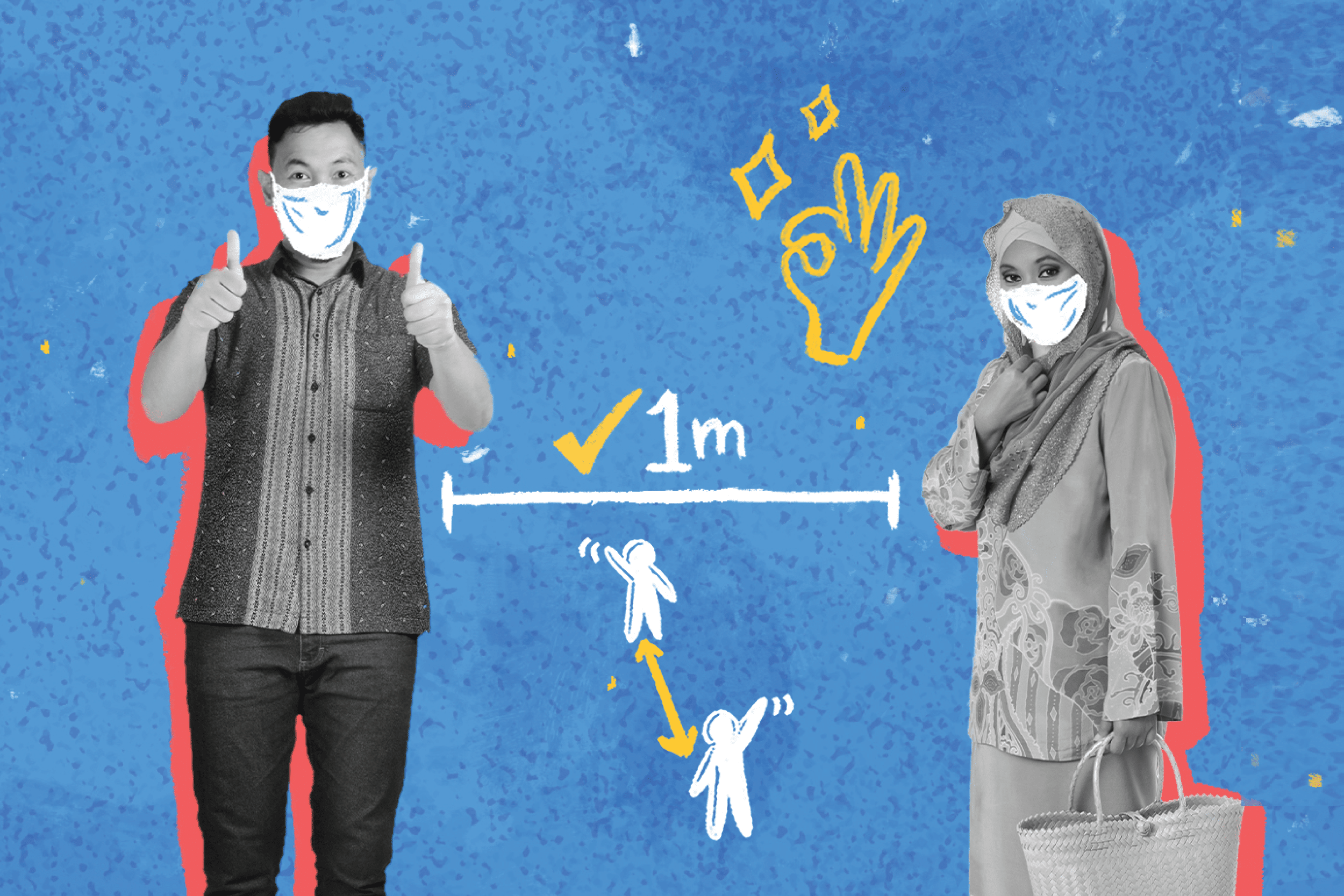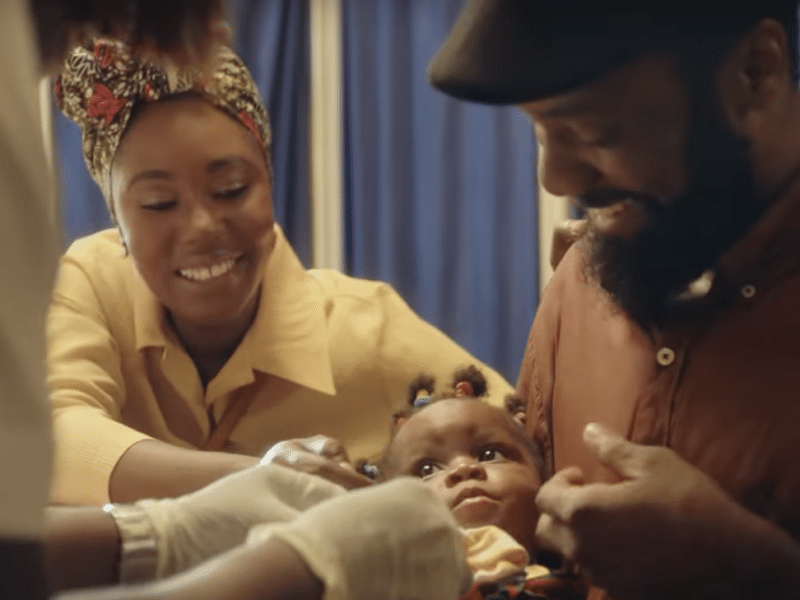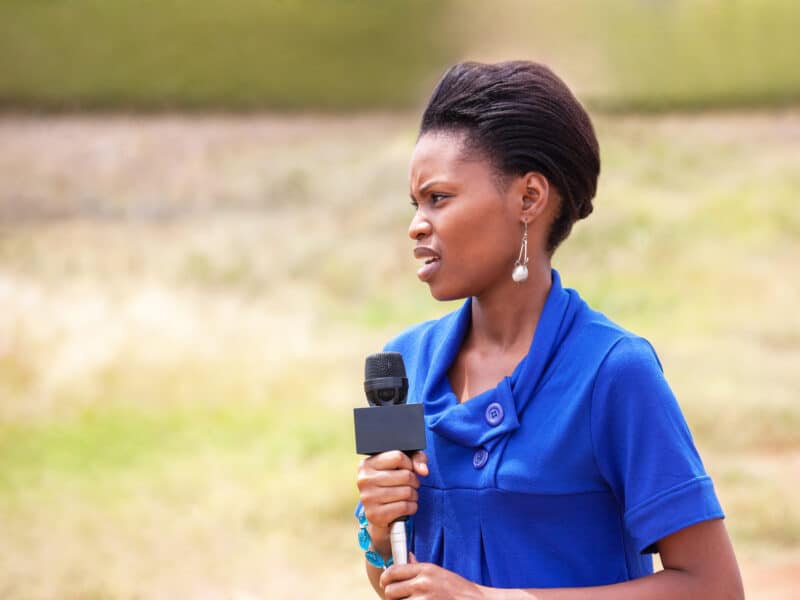
When the COVID-19 pandemic landed in the Philippines in March, it quickly became clear that there needed to be an easy way for the Department of Health to share important messages with its citizens on how to prevent the spread of the disease.
Working with the Johns Hopkins Center for Communication Programs, the Philippine Department of Health’s Healthy Pilipinas was quickly born. The Facebook page and COVID Alis sa Pamilyang Wais (“Family Smarts Keep COVID Away”) campaign went into action, sharing critical information on prevention behaviors such as handwashing, social distancing and mask wearing, as well as facts about testing, travel and much more.
The Facebook page has reached 160 million people since it started in late March. In the first month alone, the page earned 100,000 followers, with more than 270,000 new followers six months later. A single post in April reached 3.4 million people.
“The Healthy Pilipinas page is a one-stop source of credible, digestible and actionable information needed to fight the COVID-19 pandemic,” says Billie Puyat Murga, a senior program officer for social behavior change and gender, who led the effort for CCP. “The material is conveyed in a fun and conversational manner and is designed to reach household decision makers who can help protect their families.”
For this work, the team behind Healthy Pilipinas took home a Stevie Award, which recognizes the achievements of women executives, entrepreneurs and the organizations they run in the Philippines. The award came in the category of “Best Use of Social Media – COVID-19-related Information,” which honors nominations of social media communications, deployed for or by women in 2020, to inform the public about the pandemic and how to stay safe.
CCP’s COVID work in the Philippines is part of the Breakthrough ACTION project, funded by USAID, in 22 countries to assist with communication needs key to controlling the pandemic. The efforts have reached more than a billion people since March. The Philippines has recorded nearly 360,000 COVID-19 cases and nearly 6,700 deaths, according to Johns Hopkins University.





